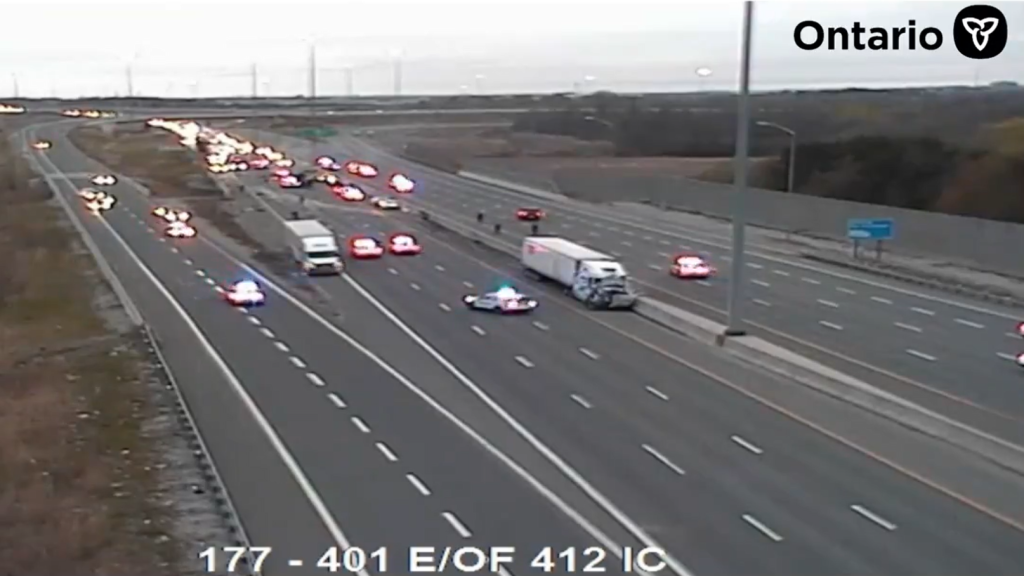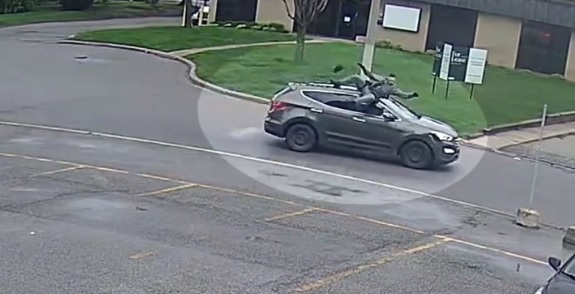Carby inquest jury recommendations include de-escalation training
Posted May 26, 2016 2:10 pm.
Last Updated May 26, 2016 7:08 pm.
This article is more than 5 years old.
A coroner’s jury in Brampton has come up with 14 recommendations in the inquest into the death of Jermaine Carby.
The 33-year-old was shot and killed after the car he was a passenger in was pulled over by police near Kennedy Road North and Queen Street East around 10 p.m. on Sept. 24, 2014.
Police testified that Carby had a knife and was yelling at officers “Shoot me. Shoot me.”
A coroner’s toxicology report found that Carby had amphetamine, methamphetamine, marijuana and traces of an anti-depressant in his system at the time of his death.
The coroner’s report also indicated he suffered from mental health issues, including depression, and had been in hospital seeking treatment just days before he was killed.
Most of the recommendations handed down on Thursday deal with de-escalation training – including how to deal with someone who has an ‘edged weapon’ who is not responding to police commands and providing officers with training techniques for containing crisis situations to attempt to slow down the course of events.
Carby was fatally shot within minutes of backup officers arriving on scene. Three of the seven bullets fired by Const. Ryan Reid struck Carby – one in the chest, one in the forearm and one in the back.
Related Stories
Officer who shot Jermaine Carby says he was scared for his life
Police shooting of Jermaine Carby began with carding, officer testifies
Police need to stop using excessive force, says family of man fatally shot by police
The recommendations also suggested Peel police study and evaluate the feasibility of implementing the use of body cameras or dash cameras when dealing with the public.
The jury also dealt with the controversial issue of carding in its recommendation, suggesting that both the Ontario Police College and the Peel Regional Police Service consider using this case as a training scenario to examine whether new recruits or experienced officers demonstrate awareness of issues regarding ‘unconscious bias’ during traffic stops.
As well they recommend case should be used during the “application of the new provincial regulations regarding collection of identifying information.”
During the inquest, the officer who pulled over the car said he had done so due to drunk driving concerns but admitted that he asked Carby for identification for carding purposes.
Carby’s family said they are pleased with the jury recommendations.
“Carding definitely played a role in my cousin’s death and I’m happy that this was the number one recommendation so people can see that his rights were violated,” La Tanya Grant, Carby’s cousin, told the media.
“If his rights weren’t violated and he wasn’t carded, Jermaine Carby would still be here today,” she continued.
Read all of the recommendations below:










